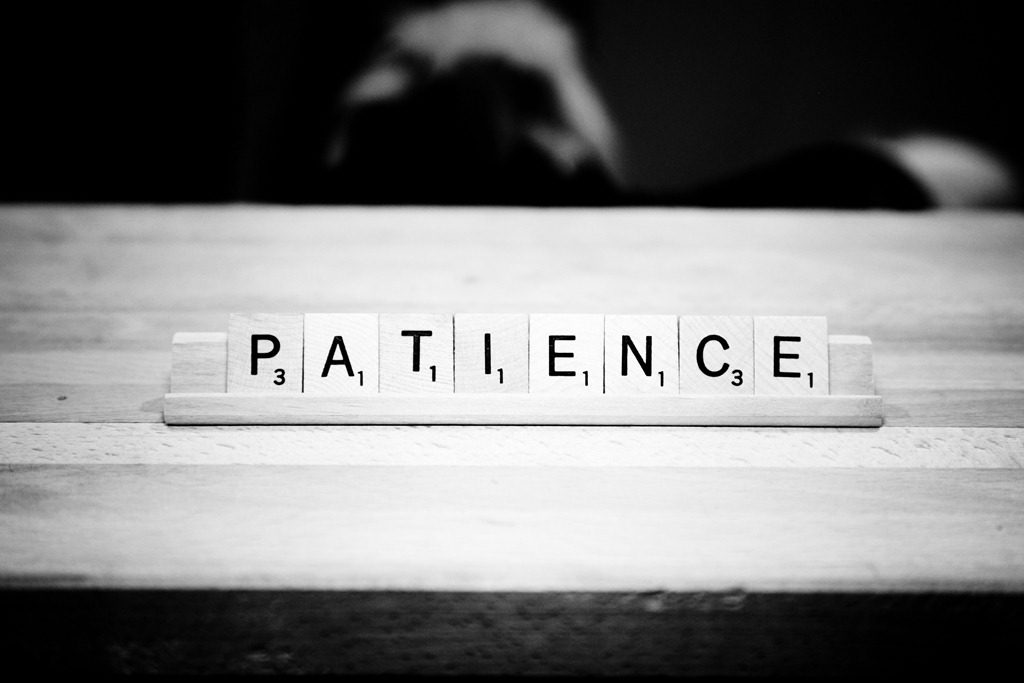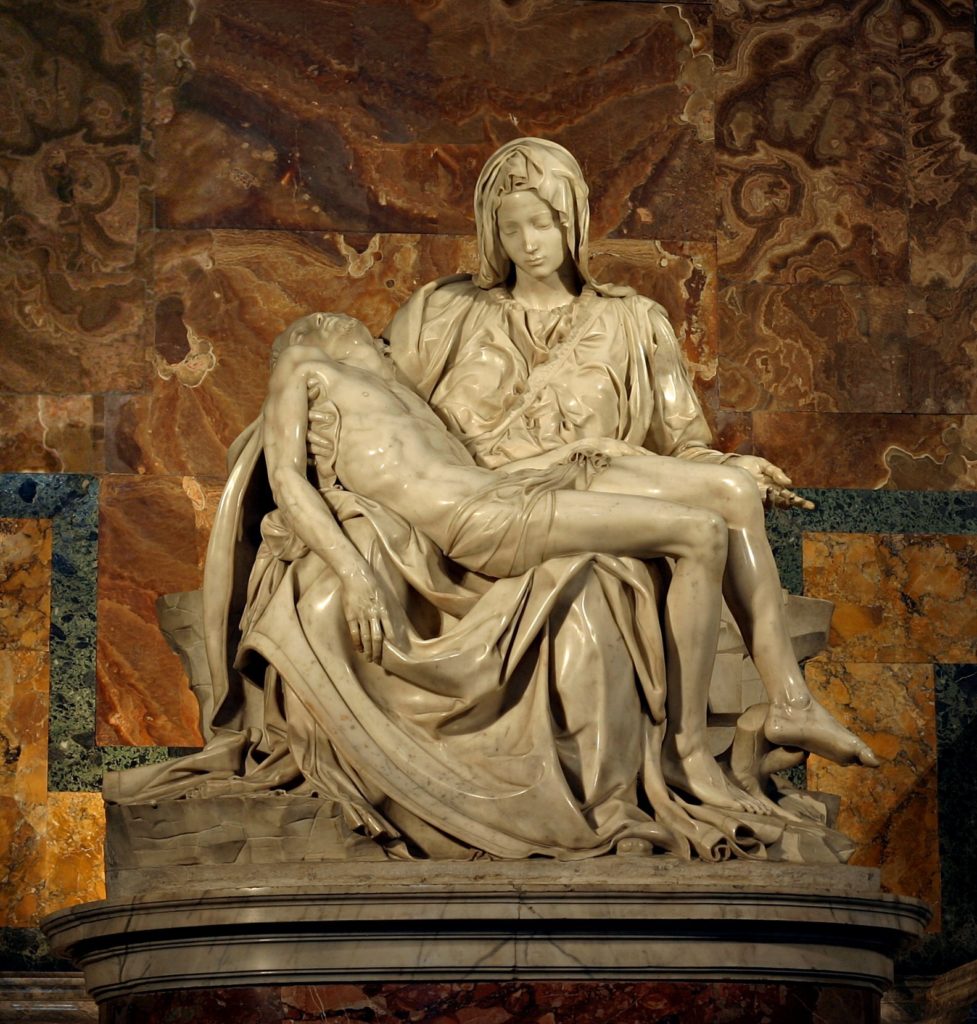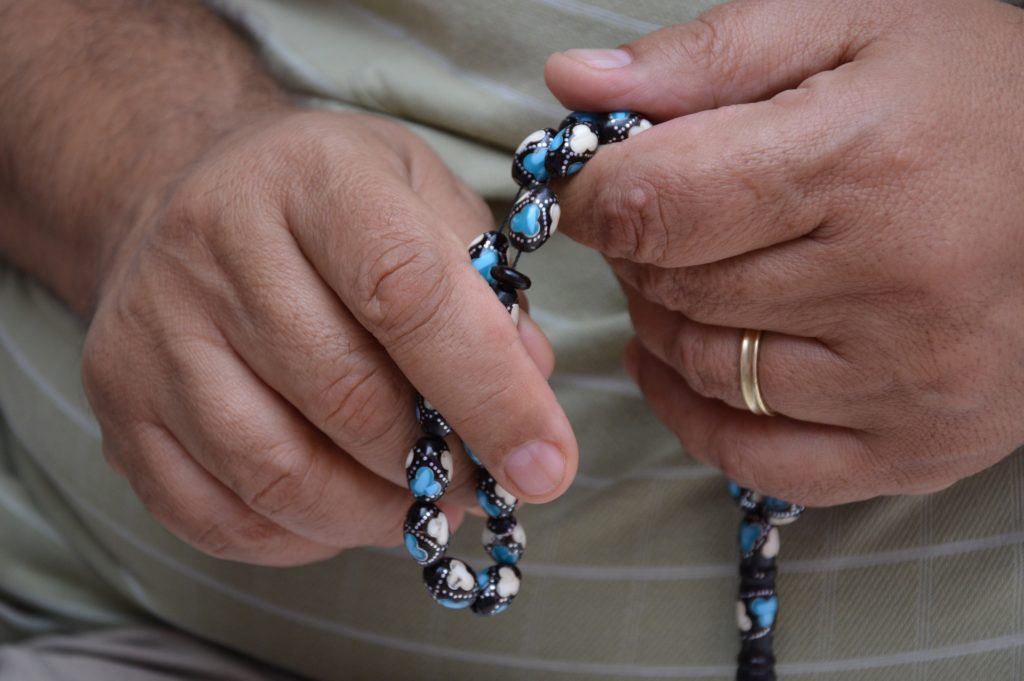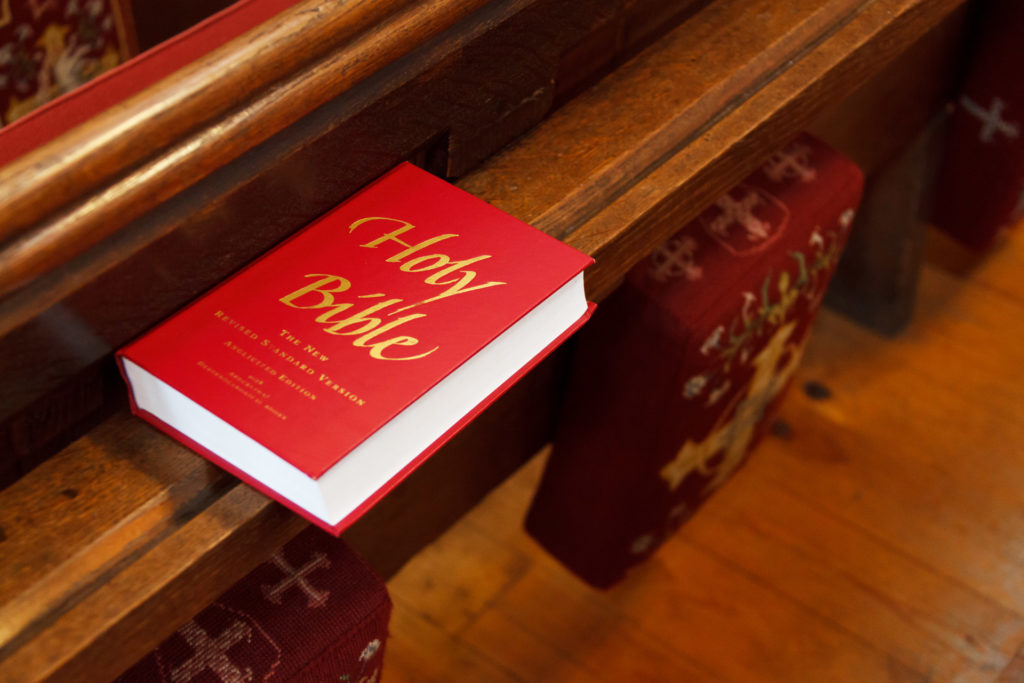How the Rosary Increases Our Patience with God and Others
The Rosary is a prayer that requires an above-average level of patience. It’s long, repetitive, and doesn’t have a narrative like reading Bible passages. Admit it, you’ve zoned out more than a few times praying the Rosary haven’t you? I know I certainly have. The motivation for the RosaryMeds website and my books is to […]
How the Rosary Increases Our Patience with God and Others Read More »









